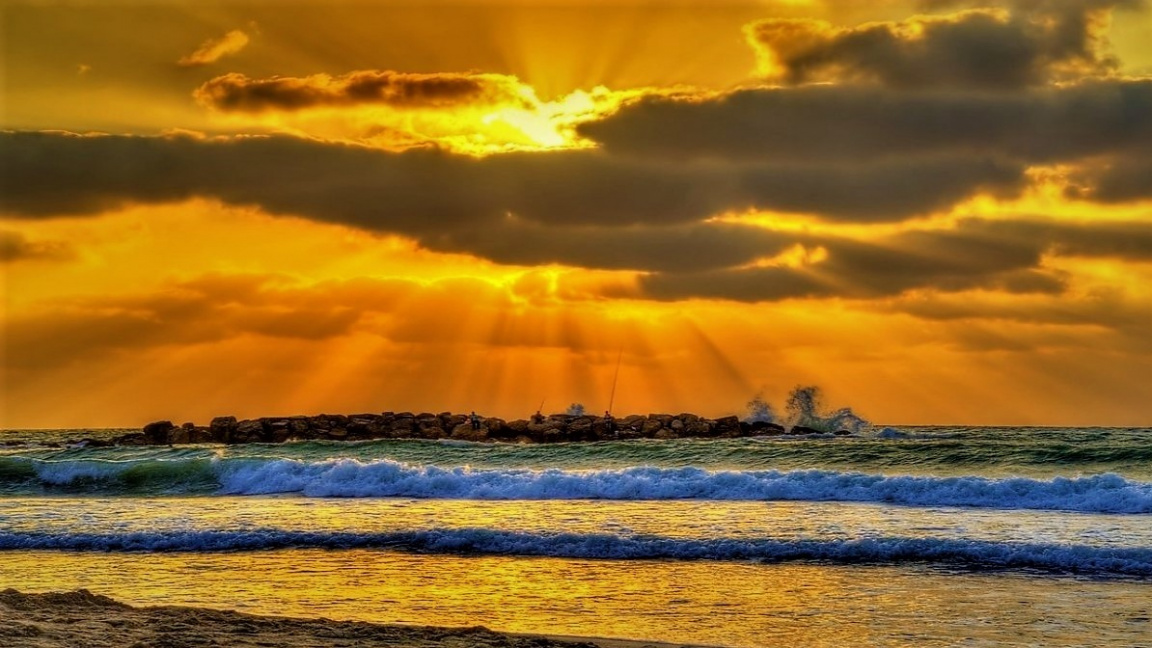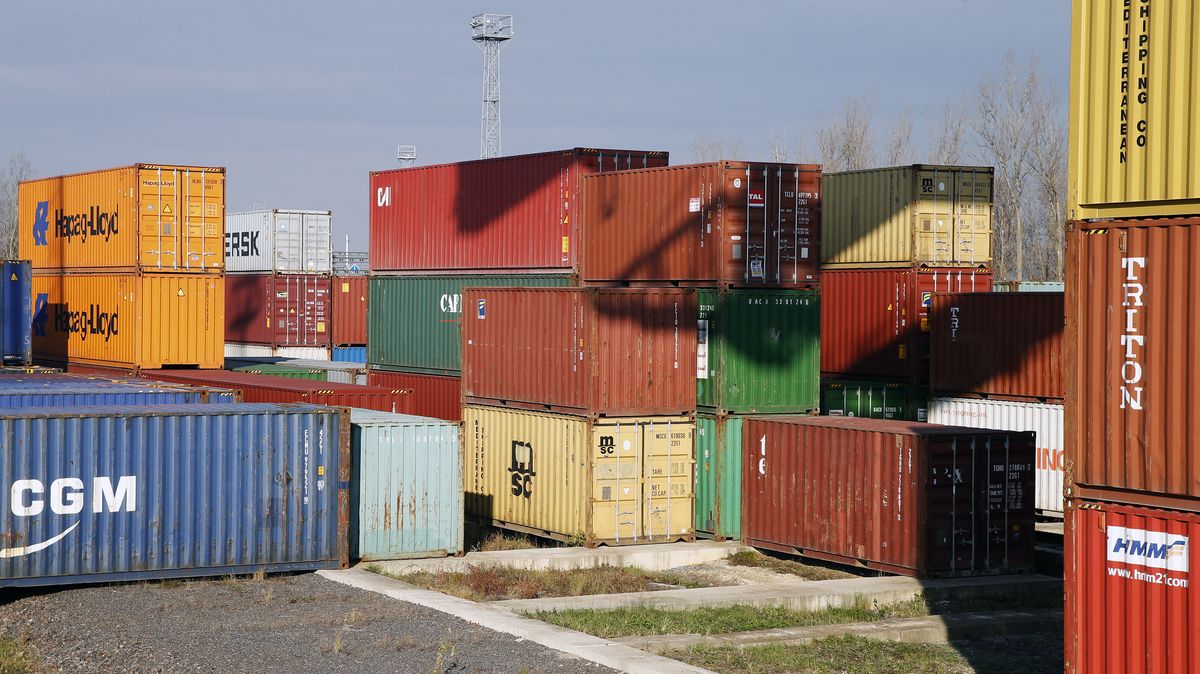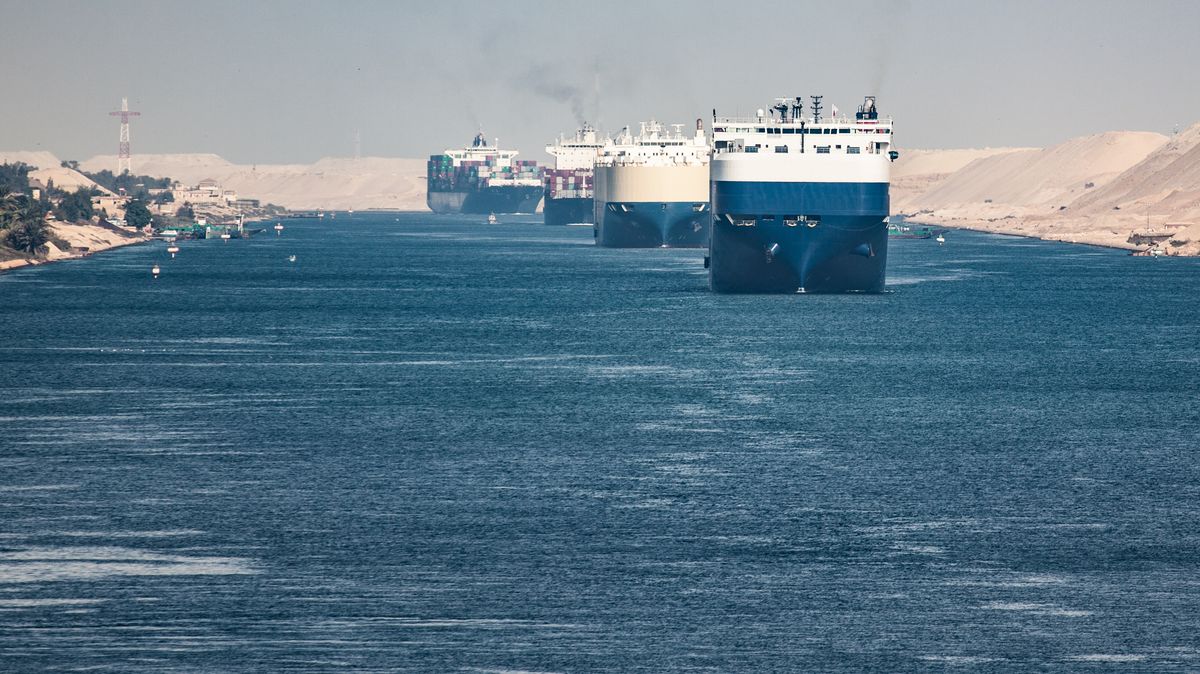The Mediterranean is becoming tropical. This is the fastest warming of all oceans
The popular destination of Czech tourists is changing due to global warming. The Mediterranean is becoming tropical.
If you’re going on vacation to one of the Mediterranean resorts, you probably won’t miss that the sea temperatures there have been rising comfortably lately. This is good news for tourists.
The worse news is that temperatures in the Mediterranean are rising over the long term as a result of climate change.
Overheated ocean warning
The Mediterranean Sea, the vast expanse of salty water that temperatures are rising twenty percent faster than the global ocean average, is the sea with the fastest warming. Experts predict the level will rise to one meter by the end of the century.
The entire Mediterranean is heating up, but it is most noticeable at sea. Moreover, on a global scale, up to 90 percent of warming occurs in the oceans and oceans.
World Wildlife Fund (WWF) report entitled “Effects of Climate Change on the Mediterranean: Six stories from overheated oceans” – here PDF), indicating that global warming has permanently affected the Mediterranean marine ecosystem.
Data from the Spanish Institute of Oceanography show that Mediterranean Sea levels have risen by 2.5 to 10 millimeters per year since the early 1990s. Seawater temperatures have risen by more than 0.5 degrees Celsius since the early 1970s.
Climate change affects marine and coastal life. This has an impact on fisheries, tourism and the coastal economy.
WWF report name six consequences of climate change in the Mediterranean Sea that are impacting the lives of local people:
• Tropicalization of the eastern Mediterranean took place.
Nearly a thousand non-native invasive species have emerged in warmer ocean waters. They replace native species, which are often endemic, found nowhere else on Earth. They mostly reached the Mediterranean via Suez.
• Alien species disturb the ecosystem.
Among these species are mainly invasive fish from the rabbit family. In Turkey, they have reached 80 percent of the catch. Barracudas are once again a common sight in Italian waters.
• Warming and rising waters are destroying the seabed and coastal habitats.
Seagrass meadows of plants such as Sea Posidonia (known as ‘Neptune Grass’) are rapidly disappearing. At the same time, seagrass is very important for ecosystems, as it serves as a natural storehouse of carbon, which drives global warming.
• An increase in the number of jellyfish threatens swimmers.
Protective nets are being installed around the coast.
• Acidification of water kills corals.
The decrease in pH is caused by dissolving excess carbon dioxide from the atmosphere in the water. If the seabed loses its corals, it will have a negative impact on tourism, because the colorful seabed attracts tourists who like to snorkel.
• Climate change helps spread pathogens.
The pathogen mainly destroys populations of scaly clubheads, bivalves up to one meter in length, which contribute significantly to the cleanliness of the Mediterranean Sea by filtering organic particles from it.
Mediterranean is not what it used to be
The Mediterranean is the cradle of civilization. For thousands of years it was the center of the civilized world and an important cultural and commercial center. It washes the shores of three continents and twenty-one countries in Europe, Africa and Asia. Today, it is increasingly being mentioned as a place where climate change is very real.
In its report, WWF also highlights the dangerous relationship between the impacts of climate change and other human activities, such as overfishing, pollution, coastal development and shipping, which have dramatically reduced the resilience of marine ecology.
Giuseppe Di Carlo, director of WWF’s Mediterranean Section, wrote in the report: “The Mediterranean today is not what it used to be. Hers Tropicalization is in full swing. Climate change is not the future, but the present, experienced by scientists, fishermen, divers, coastal communities and tourists… The Mediterranean Sea provides many benefits for humans. If we are to reverse the current trend, we must reduce our influence on global warming. Healthy ecosystems and rich biodiversity are our best defense against the impacts of climate change.”
Resource:
WWF: Effects of Climate Change on the Mediterranean

“Tv nerd. Passionate food specialist. Travel practitioner. Web guru. Hardcore zombieaholic. Unapologetic music fanatic.”







